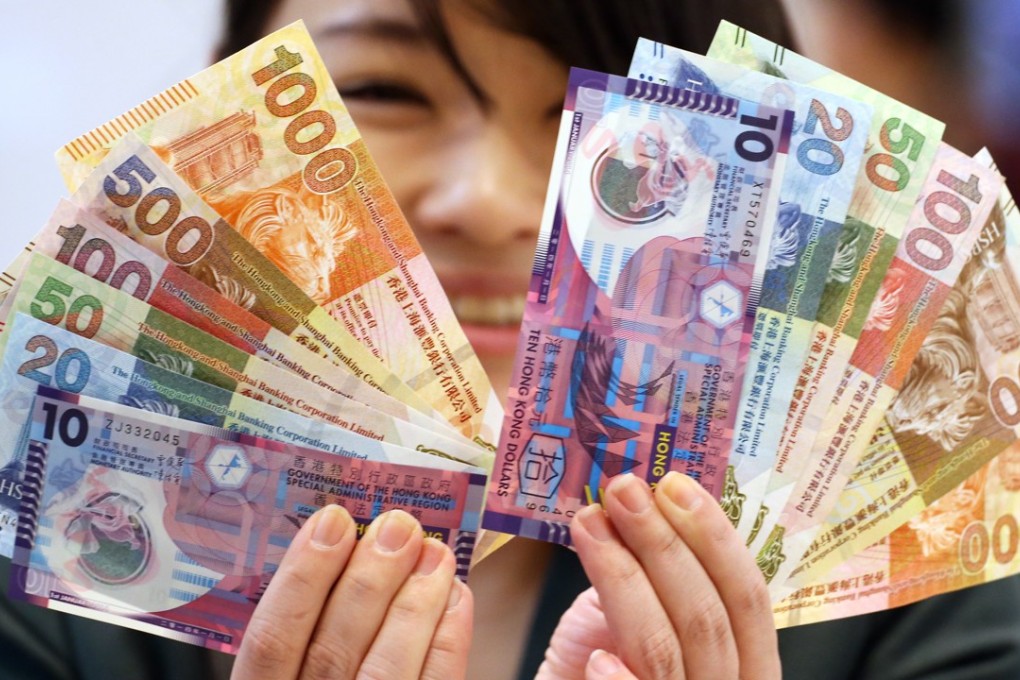Hong Kong raises base rate fourth time in 13 months, gets a shrug from markets and borrowers
Hong Kong’s banks kept their prime rates unchanged, homes changed hands at record prices, and the stock market was little changed.

The Hong Kong Monetary Authority yesterday raised its base lending rate, a much-anticipated move in step with the US Federal Reserve that passed with little reaction from the city’s financial markets, as commercial banks kept their prime rates unchanged while the stock market closed little changed.
The city’s de facto central bank raised the base lending rate by 25 basis points to 1.75 per cent, following an equivalent overnight increase by the US Fed to maintain the Hong Kong dollar’s peg to the American currency.
For the fifth time since December 2015, Hong Kong’s commercial banks kept their prime rates - the cost of lending money to their best customers - unchanged. HSBC, Bank of China (Hong Kong) and Hang Seng Bank all said they would maintain their prime rates unchanged at 5 per cent, while their interest rates on Hong Kong dollar deposits stayed at fractions of 1 per cent.
“The larger banks with ample liquidity may not rush to raise rates, while the small-to-medium banks, which suffer more from a higher cost of funds [due to the higher base rate], may also refrain from taking the first step amid fierce competition,” said Carrie Li, an economist at OCBC Wing Hang.
“Banks will face more pressure to lift their prime rate next year.”